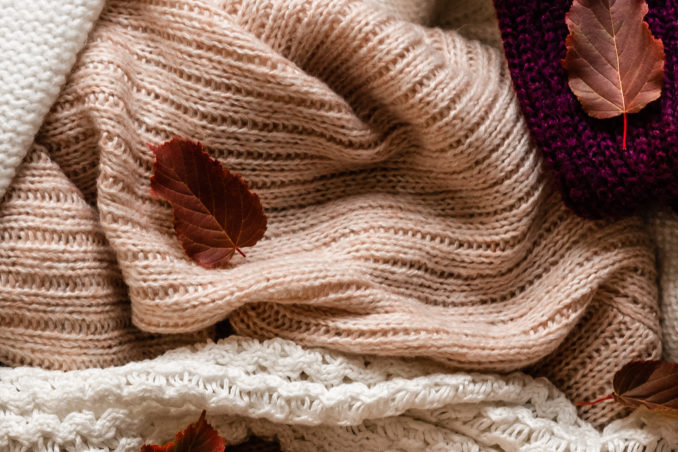
Structural Insulation
So, where to start? If you’re building a new house or completely renovating an old one, a few initial questions to consider around the structure are:
How good are the windows?
Are there draughts?
Calculate heat loss and how many radiators you should include to cover the area.
Are the walls correctly insulated?
To take it a step further, be forward-thinking, and create a really energy-efficient and eco-friendly house, you could consider, for an older house, doing a retro-fit, or a for new one, having it built to be up to the Passive House (Passivhaus) standard. This is an internationally recognised, energy efficiency standard in building – helping to make ultra-low energy buildings that need little energy for heating or cooling.
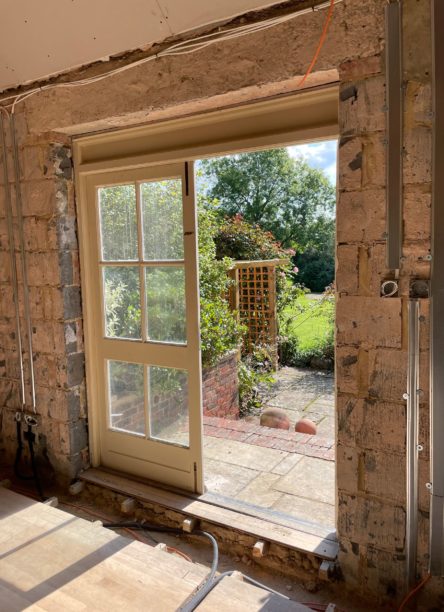
Creating Warmth with Interior Design
Interior design-wise, colour is a big factor in the feel of a house. I love to design homes that include colours which increase my feeling of warmth, like red, yellow and orange. Go with the colours you like, though I always encourage my clients to be brave and have fun with the colour scheme, to try colours you may not have previously considered. Of course, you don’t need to go full-on with a colour – it can be any tone, depth or combination of the primary or secondary colours you like. Think old lilac from Graphestone, for example; or a soft pink hue like JW3 from Francesca’s Paints.
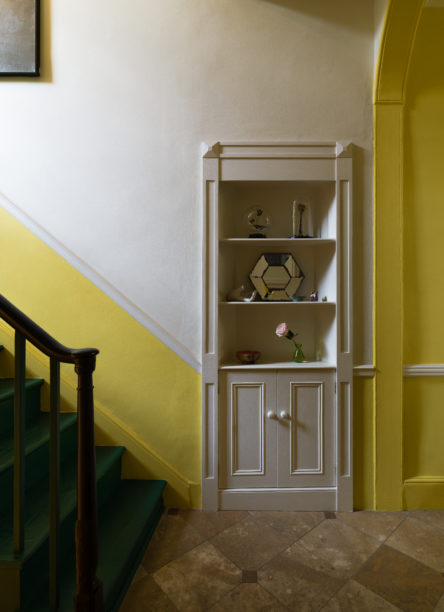
Fireplace Warm the Soul
Fireplaces are a big plus in the cosiness factor. I do all I can to get neglected fireplaces working again, even if it means putting in a stove and having the fire closed in. If you don’t have a fireplace or don’t want to restore it, you can use candles. The warm glow of the flames is hugely helpful when you are looking to warm your soul.
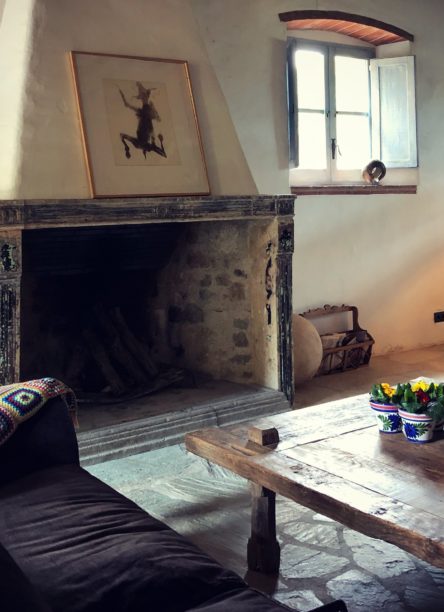
Atmospheric Lighting
Speaking of fire and candlelight, lighting overall is an important factor in a cosy house and, generally, in getting the atmosphere right. LED bulbs can emit harsh white light which doesn’t help the feeling of warmth. I find the light in the room is much more welcoming if you get bulbs that emit yellow light. Also, limit the use of downlights and make sure you can have a layered lighting look by including floor lights, table lamps, and pendants.
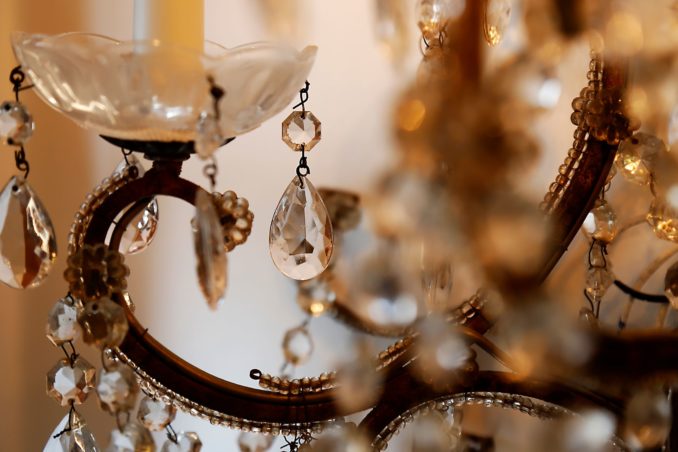
Wood and Natural Elements
Wood, apart from being a beautiful natural building material – you can purchase reclaimed wood if you want to be more sustainable – is another great way to create a warm feeling in a home. It provides an antidote to shiny surfaces like plastic or metal. Wooden flooring is ideal as it creates an overall warm feel, but wooden furniture is great as well (and better for the environment than synthetic materials). You may be limited in what you can do in terms of the flooring or decide against wooden furniture, but ultimately, even just adding a little bit of a natural element is a great help!
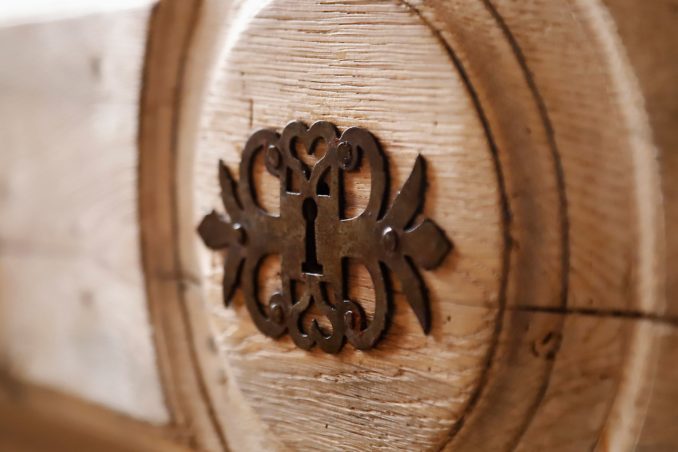
Throws and Fabrics
Some people are not big on having too much ‘fabric’ in the house, preferring shutters to curtains and leather sofas to fabric ones. I can understand that approach for some houses. If that is the case for your home, why not get a couple of throws you can take out in winter and leave on the sofa? Close your eyes for a minute and imagine brewing a cup of tea or coffee, nestling into your sofa with some plush cushions and putting your feet underneath a soft, mohair blanket … doesn’t that image warm you up already and make you feel relaxed? If you are a layered fabric kind of look person then you will already have cushions and blankets all over the house and I have nothing to teach you! Except maybe, point you to some beautiful furnishings – here you can find amazing blankets while supporting small businesses.
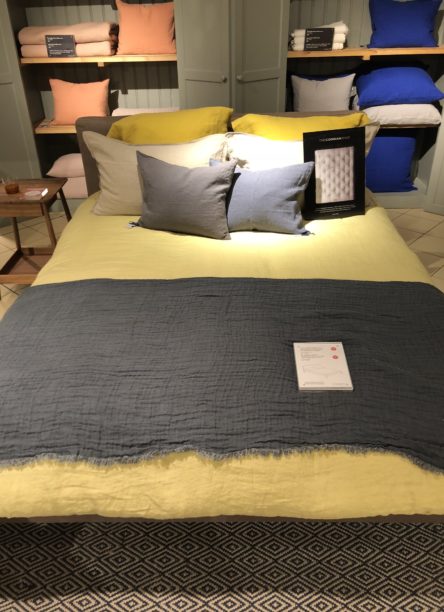
Staying Snug
As a final thought, anything that gives you a sense of comfort is a great addition to your home for those cold months when you want to curl up inside and need that extra comfy, snug feeling. I hope I have been able to help you with some of my tips. If you feel you would like more, or need help implementing them, please get in touch – our team would be happy to have a chat.
